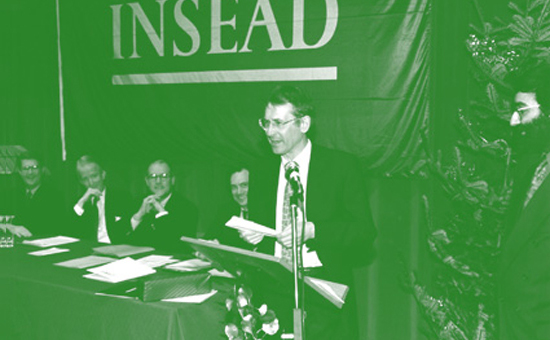According to modern neuroscience Freud’s inferential assumptions - that we are all quite ignorant of ourselves and of the mechanisms that determine a large part of how we feel and act - have proven correct. It therefore seems that a great deal of our perceptional abilities: judgement, decision-making, reasoning, and memory, take place outside our conscious awareness. Often our actions are based on what we, in that instant, feel like doing, not what we think we should be doing according to de Vries. Self-awareness or knowing oneself is therefore not an illusion. But the journey of change towards greater self-actualisation requires hard work and an honest look at one’s vulnerabilities and weaknesses, writes the Insead professor.
De Vries’ article may refer mainly to managers but the essence of it is still a valuable guideline for aspiring managers and therefore for aspiring business school students as well:
Knowing yourself as well as possible is also one major preparation part for the MBA interview. Dig deep inside yourself therefore before you sit in front of the admission committee: know your own strengths and weaknesses and events that can manifest these. Explain weaknesses with a lot of honesty. No one is perfect and knowing where you need to improve won’t count against you. Think about a handful of key information pieces about yourself that you want to share and how to incorporate them into a discussion. Ask yourself how you feel about the school you apply to and why it interests you. Ponder what you really want to do in life and what you want to do with your MBA knowledge later on.
And last but not least: Getting as much information about the school as possible will help you communicate why the school is the right fit for you and vice versa. It will also enable you to ask some intelligent questions. Gather this information from booklets, the website and ideally by paying the campus a visit and talking to staff as well as students.
For full articles go to:
INSEAD Knowledge
Fortuna Admissions

